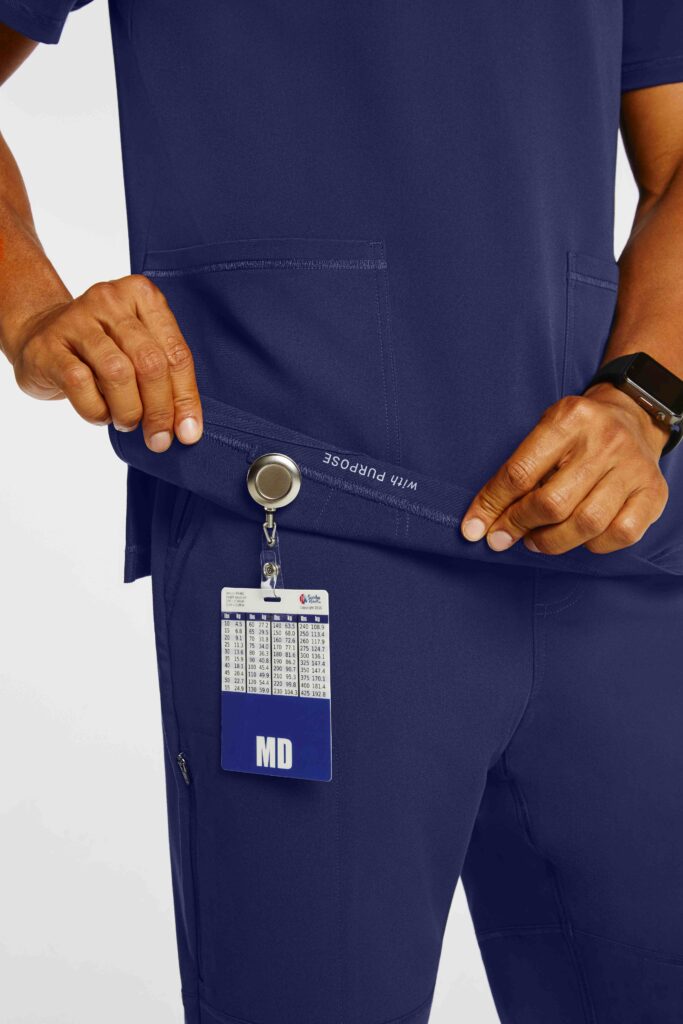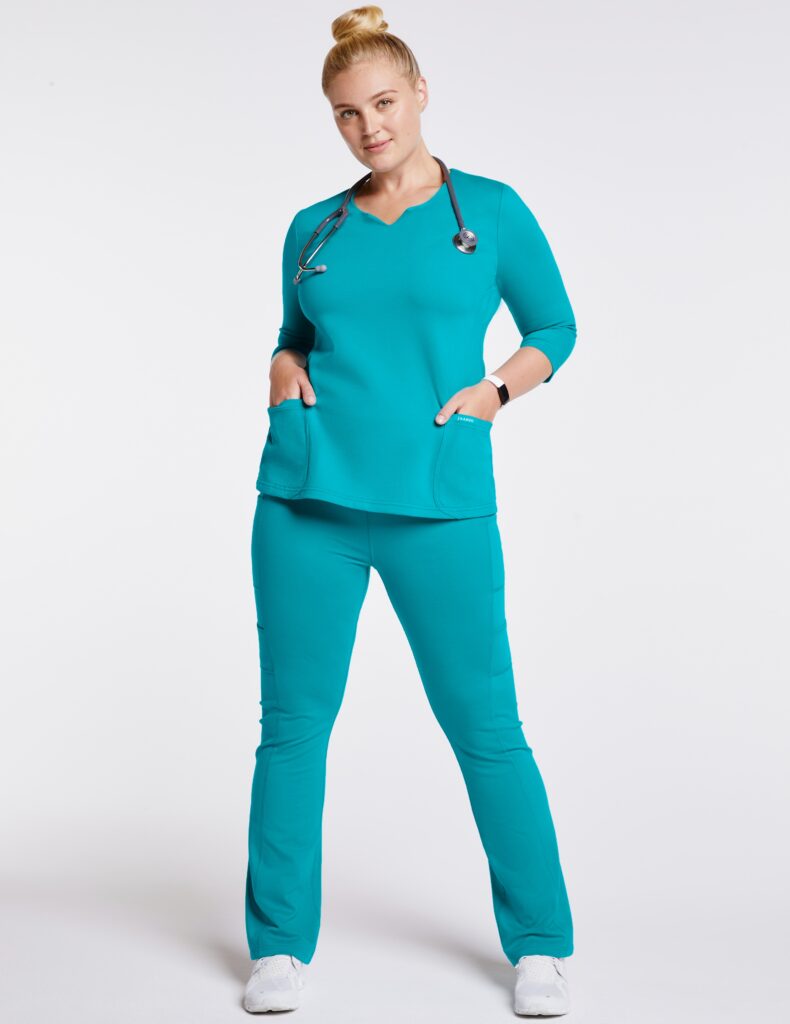
Seven Must-Have Books for Nurses
If you’re a nurse practitioner, you must have read a lot of books during your schooling. But, as they say, learning has no age. Reading helps you develop empathy, focus, concentration, and communication skills. As a nurse, these soft skills are a must for you. Even if you’re still in med school, investing some time in reading can help you become a better version of yourself.
Nursing requires lifelong learning, and you can continue your education by doing a bit of reading in your spare time. The following selection contains must-reads for nurses and nursing students—books that focus on your profession and help you become even better at it. Some of these books, except medical guides, are so enjoyable you could include reading them in your nightly bubble bath self-care ritual.
No matter how dense or informative the content, you won’t need a rolling backpack to carry these books around as you might have with your nursing school books. These books will fit right in your handbag or briefcase. This means that if you get hooked on one of the narratives or end up loving a specific reference guide, you can take these books along with you on your shift. Sneak in a chapter during your break, or brush up on some pharmacology terms when you have a second.
Let’s explore seven of the best books for nurses to read.
“Every Patient Tells A Story”
Doctor and columnist Lisa Sanders write about rare medical conditions and complex diagnoses in this popular book. In each of the cases she presents, she walks readers through the process of correctly diagnosing baffling conditions. Written about the healthcare profession but accessible for readers without a scientific background, this book is a stimulating but not overly taxing read. A fun fact? The author’s New York Times Magazine column inspired the creation of the hit show “House,” and she went on to advise for the production.
“Davis’s Drug Guide for Nurses”
This best-seller isn’t exactly a beach read but rather an essential resource. Now in its 18th edition, this handy guide has perfected the art of giving nurses the pharmacological knowledge they need when they need it. The book contains 643 monographs of generic and trade-name drugs. With a focus on patient safety and reducing medical errors, the guide highlights life-threatening reactions in red and keeps literal tabs on high-alert meds. This text is one of the best nursing gifts for a recent grad.
“First-Year Nurse: Wisdom, Warnings, and What I Wish I’d Known My First 100 Days on the Job”
If you’re just starting your career or looking for the perfect nursing book to get a friend who just passed their National Council Licensure Examination-Registered Nurses (NCLEX-RN), pick up a copy of this guide. It covers everything from preventing burnout to communicating with colleagues and includes first-hand accounts of life on the job from experienced nurses.
“Bedlam Among the Bedpans: Humor in Nursing”

There’s nothing wrong with having a laugh from time to time, even if the nature of your work is serious. This book compiles humorous stories from the field that will put a smile on your face. You’re a healthcare professional, but we believe laughter is one of the best medicines. This book will help you take a mental break from the intensity of your day.
“Your First Year As a Nurse: Making the Transition from Total Novice to Successful Professional”
Calling anyone new to the nursing profession who wants some textual support. As you start your first nursing job, it may take time for you to find a mentor at the hospital. Let this book act as a guide for you as a new nurse. It can help you ace your daily interactions with colleagues and patients. Plus, it takes on topics like stress management and helps you plan your career growth.
“Nurse’s Pocket Guide: Diagnoses, Prioritized Interventions, and Rationales”
With all you have to carry around on a shift, a pocket-sized guide sounds pretty good, right? This book focuses on helping nurses make accurate diagnoses and create care plans. Remember that no one expects you to memorize every fact, figure, and term, and reference books for nurses and students exist to refresh your mind and bolster your knowledge. So turn to this study guide for immediately needed information.
The book of your choosing, just for fun
A point we can’t stress enough is the need for self-care. You can’t take care of others well if you don’t care for your own mental health. As much as we advocate for furthering your knowledge with books on medicine and the nursing career, we also stand for the importance of taking a break, turning off your brain, and reading something that has nothing to do with work. Our last recommendation is something that you like to read. You can check out Oprah’s Book Club, Barack Obama’s recommended reading list, and comprehensive reviews from your favorite news sources, magazines, and book bloggers to find fiction reads that’ll transport you.

Wrap up
Never underestimate the power of a good book. Whether a practical pharmacology reference guide or true stories of becoming a nurse, all texts have something to teach us—even if that lesson is just how to take a break. Here are a few reasons to get reading:
- Gives you cultural context, and exposes you to situations you might not otherwise experience in your life.
- Keeps your mind active, and improves your memory.
- Helps reduce stress.
- Provides a hands-off, low-impact approach to learning.
- Improves attention span.
- Builds vocabulary.
- Enables you to speak the language of kindness and “put yourself in someone else’s shoes”—an essential skill for nurses.
- Connects people.
Perhaps it’s time to pick one of the selections from the list above and start a discussion group with your fellow nurses. No matter where you are on your journey in the nursing profession, there’s an opportunity to keep learning. We’ll do our best to support you with resources like this one and great scrubs.